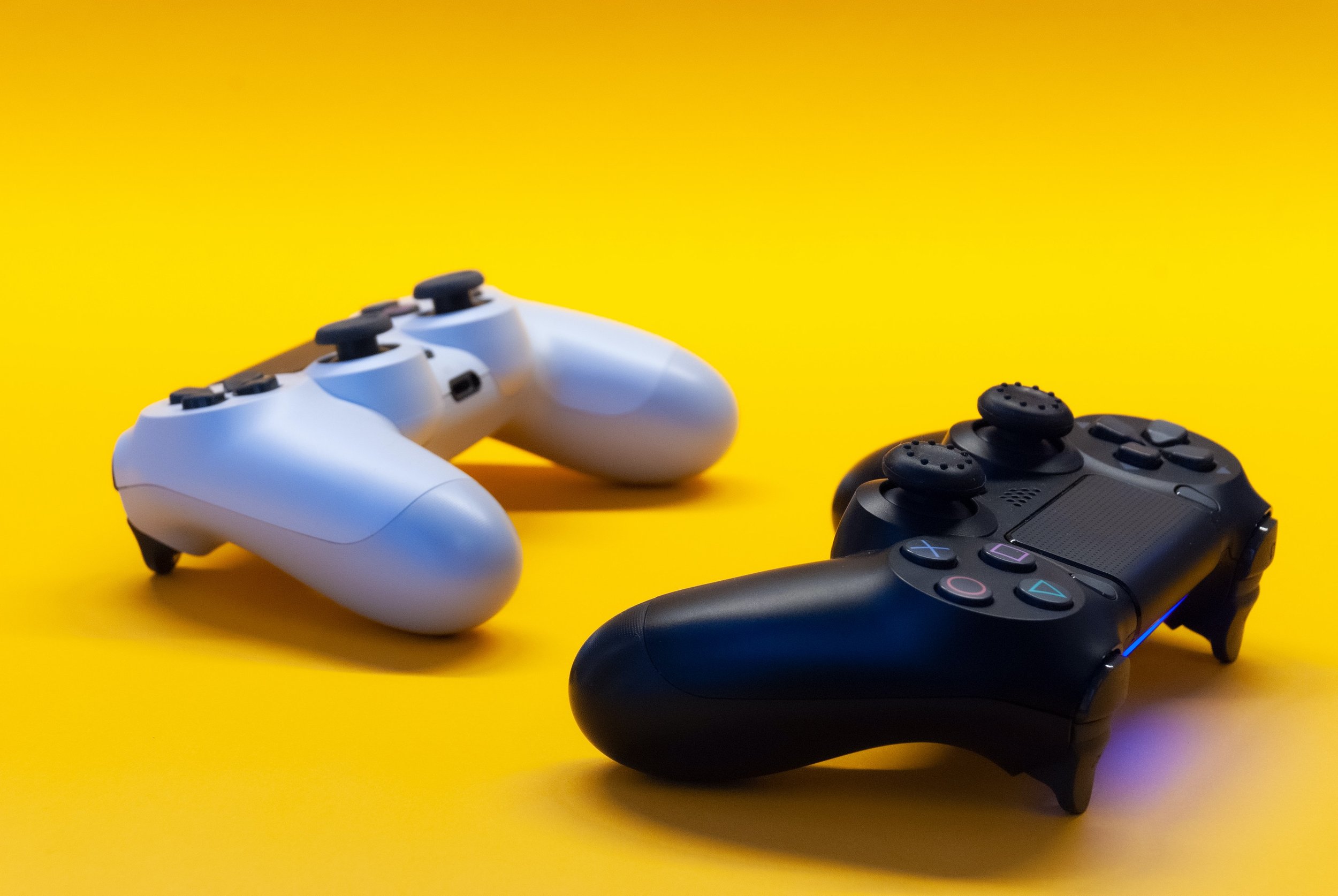Mental health and physical health have commonly been considered two entirely different and separate things. However, the two are very closely related in many different ways. At the broadest level, poor mental health negatively impacts one’s physical health and poor physical health may negatively impact one’s mental health. However, positive physical health promotes improvements in mental health and vice-versa. Many factors contribute to both one’s physical health and mental health; however, the benefits, or consequences, one has on the other are significant.
Staying Mentally Fit in the Dark Winter Months
As we begin to prepare for the holidays, this is also the time we turn back our clocks to standard time. In order to remember which way the clocks move, we’ve named it “fall back” & “spring forward.” Falling back means changing the clocks back one full hour, resulting in earlier sunsets & later sunrises. This ultimately means more darkness throughout the rest of Fall & Winter. Darkness can feel increasingly isolating & is known to exacerbate already existing mental health problems such as depression & anxiety. Changing back the clocks also negatively impacts our circadian rhythm (body clock), disrupting our sleep/wake cycle & the production of melatonin. Darkness increases the production of melatonin, thus leaving us to feel more tired, sleepy & fatigued in the winter months. In essence, sunlight is directly linked to our circadian rhythm therefore it is no surprise that when the sun goes down, we begin to get sleepy, even if it’s only 5pm!
The Benefits Of Playing Video Games
Video games have frequently been portrayed in the media as, at best, a “waste of time”, and at worst, harmful to those who play them. However, there has been an increasing amount of research that not only contradicts these claims, but identifies numerous benefits of playing video games. Another common misconception of video games is that it is for children, particularly male children; however, the people who play video games has continued to become an increasingly diverse group. The age of the average video game player is 35 and it is estimated that approximately 59% of those who play video games are male and 41% are female (Halbrook, O’Donell & Mstefi 2019).
Coping Strategies: What To Do About “Overthinking”
Part of some people’s mental health challenges, especially if they struggle with anxiety and/or depression, is an experience referred to sometimes as “overthinking”. Many people struggle with long strings of thoughts about one or many topics that end up effecting their daily lives. Overthinking can make you late for appointments, generate unreasonable anxieties against your own goals, or put a halt in your basic motivation which is sometimes casually referred to as “analysis paralysis”. These habits can chronically effect someone’s quality of life, but they are still just habits. As habits, they can be broken, and new habits built up in their place.
Ride the Waves: Learning to Surf Your Feelings
Emotional experiences can feel so overwhelming. So much so that they can make us convinced that they are insurmountable, like a large wave coming over you as you stand in the shallow waters. It turns out that this is a very fitting metaphor for emotional spikes. Just as one can be overtaken and overwhelmed by a large wave, so too can one learn the skills needed to read the onset of the wave, position themselves effectively with it, and surf the wave which allows one to experience emotions with mastery and confidence. Additionally, because we experience emotions everyday of our lives, learning to surf your emotional waves can be practiced every day. This starts with seeing your feelings as a wave; strong, influential, and temporary… yes… temporary. Many cognitive patterns that lead to mental health disorders are habits that take single-emotion events and reinforce them again and again until they feel chronic. The emotion typically only lasted a few seconds or a few minutes at most and any secondary or lingering feelings are being upheld by what your thoughts, beliefs, and responses create. With this understanding, one can experience the emotional wave effectively in the moment before allowing that wave to return to the ocean never to come back in that exact form ever again.





